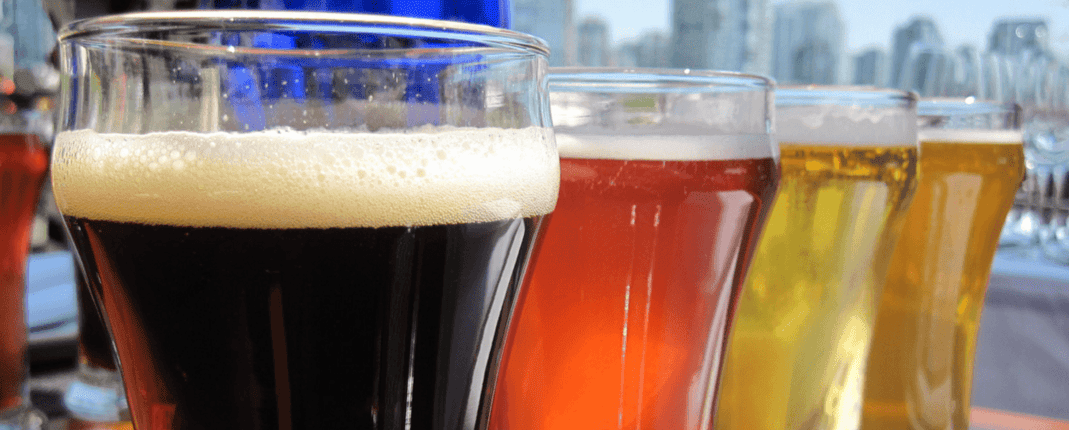Food For Your Mood: How To Improve The Connection Between Your Diet and Mental Health

When you think about maintaining your mental health the last thing you consider is how your diet can impact your mood. The connection between your diet and mental health are much closer than you might think. From your first meal of the day to your last, everything you eat has a direct impact on your well-being. So, before you can better the relationship, you have to understand the connection.
You Are What You Eat
Regardless of how much you exercise or prioritize self-care, what’s on your plate can greatly affect your overall well-being. If you start most days feeling sluggish or find yourself crashing, then you should take a look at your diet. Consuming foods with no nutrients or empty calories, like ultra-processed foods or sugary foods feels good in the moment, but can cause inflammation to your body and brain. This can then cause anxiety or depression.
Not eating enough can also have a multitude of effects on your mental well-being. From trouble concentrating and frequent headaches to anxious feelings, it’s crucial to eat the right amount of food. You are what you eat, so make sure you are incorporating the right kinds of foods. From increasing your fiber intake, to focusing on foods with omega-3 fatty acids and incorporating more vitamins, bettering the way you eat will help boost your memory, mood, and focus.
Tips To Improve The Connection
Now that you have a better understanding of the connection between your diet and mental health, it’s important that you take actionable steps in order to improve the relationship and your overall health. Luckily, we’ve got everything you need to know all right here! To help get you started on your journey to better health and relationship with food, follow these tips!
Create Food Goals
If you want to change your diet to better your mental health, then switching to cleaner foods might sound like a walk in the park. However, it might be harder than expected. If you struggle with implementing healthier changes, then create healthy eating goals that you can achieve. Setting weekly or monthly goals might seem like a small task but can make the transition much easier.
Start with how you snack. If you tend to grab a bag of chips as your afternoon snack, then try swapping your daily chips for your favorite fruit. Or grab a bottle of water instead of a soft drink. Make things easier by keeping a reusable water bottle nearby. If you’re looking to make bigger changes to your diet, then consider going meatless every Monday or experimenting with healthy food recipes once a week. Before you know it, establishing healthy habits will become second nature.
Build A Positive Relationship
You might not realize it, but your relationship with food plays a major role in building a positive connection between your mental well-being and diet. Now, in order to improve your relationship, you first have to understand it. Pinpoint negative food habits you might have, like restricting yourself, binge eating, or harmful dieting due to anxiety or guilt. Knowing your bad food habits will help you know where and what to focus on.
- Listen to your body: Give yourself permission to eat when you’re hungry. Paying attention to your hunger cues will help you manage your appetite and feel satisfied after eating.
- Practice mindful eating: When eating, don’t multitask. Instead, just focus on the food and yourself.
- Remove the concept of good versus bad food: Food has less power when you remove labels and start eating to fuel your body.
However, know when it’s time to get professional help. Seeking guidance from a professional dietitian can eliminate some of the anxiety and give you a clearer roadmap on how to resolve issues. If you’re struggling to understand the mental relationship between you and food, then consider an online psychiatrist to help evaluate you. They can help you determine what may be the causes behind your bad food habits and help you find a solution. Seeking help can make a world of difference, so don’t ignore the signs.
Don’t let food be the reason you struggle with your mental health. Building a positive relationship with food won’t happen overnight. Like most things, it will take time. Regardless of that, there are various ways to maintain a healthy connection between your mental health and your diet, so be mindful and nurture the relationship!
NutriFusion develops all‐natural fruit and vegetable powders that are nutrient dense. They are an excellent source of nutrition and can be added or mixed with the foods. Or add ¼ teaspoon with juice, stir and drink.
Sourcing only whole, non-GMO foods, NutriFusion offers all ages a concentrated micronutrient and phytonutrient-rich food ingredient that blends easily. With a farm-to-table philosophy, NutriFusion’s proprietary process stabilizes the nutrients from perishable fruits and vegetables.
NutriFusion® blends help to reduce inflammation in our bodies.
NutriFusion can help! Visit us at www.nutrifusion.com. To order go to: https://sales.nutrifusion.com/







 While it may appear that snacking is purely a physical activity, the way that you snack is heavily
While it may appear that snacking is purely a physical activity, the way that you snack is heavily 


